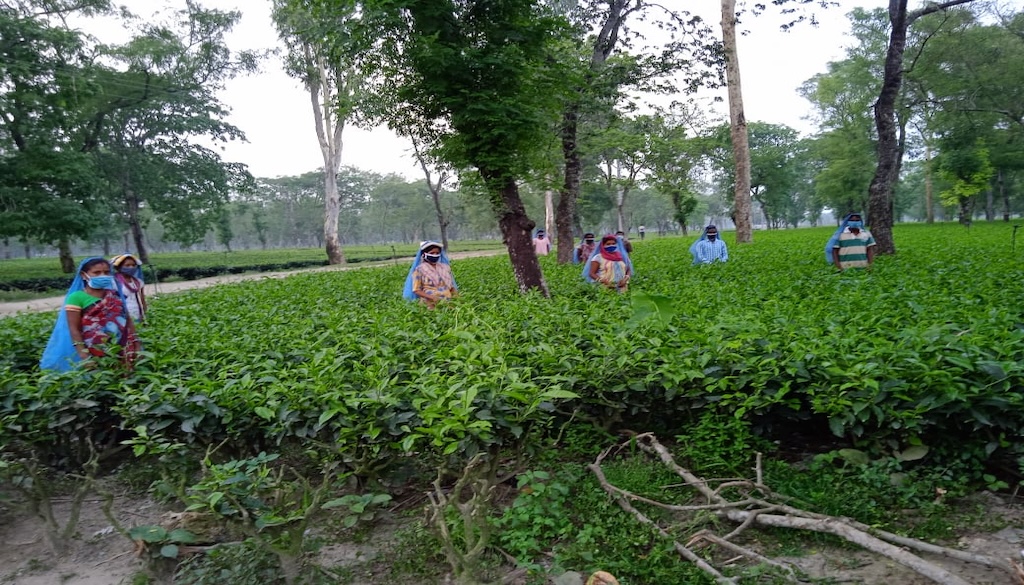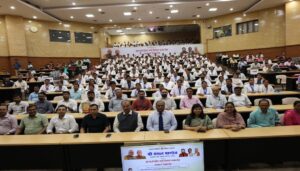
Patna: Despite a surge in tea production in Bihar, local producers continue to face significant hurdles, with much of the state’s produce being marketed and sold across the border in West Bengal, industry leaders have warned.
K.P.S. Kesari, president of the Bihar Industries Association (BIA), said that the absence of warehousing and processing facilities in key tea-producing areas such as Kishanganj and Thakurganj is forcing local growers to send their produce to neighbouring states, resulting in a loss of revenue for Bihar and creating additional logistical challenges for farmers.
“Unemployment may no longer be an issue in Bihar’s sugar sector, but the tea industry tells a different story,” Kesari said. “Despite tea being cultivated across nearly 10,000 hectares in Kishanganj alone, the absence of basic infrastructure means that tea trucks head straight to markets in Siliguri, West Bengal.”
The situation has raised concerns not only about lost economic opportunities but also about Bihar’s marginalisation in the wider tea industry. Despite the state ranking fifth in the country for tea production, Bihar has no representative on the Tea Board of India, a key policymaking body. This, Kesari argued, puts local producers at a disadvantage when it comes to setting prices or advocating for reforms.
“The state’s voice is missing in the national dialogue,” Kesari said, adding that the BIA has formally requested a seat on the board, with assurances from the government that the matter will be addressed soon.
Kesari also pointed to the structural challenges facing tea cultivation in Bihar, particularly the dominance of small holdings that limit economies of scale. He urged reforms to the Land Ceiling Act and suggested introducing leasing facilities to encourage expansion and attract investment.
More than 20 major tea companies operate in the region, but without local infrastructure, the full potential of the tea belt remains untapped, Kesari warned.
“There is still enormous scope for growth in Kishanganj’s tea sector,” he said. “But unless we address these fundamental gaps, Bihar’s tea will continue to brew profits elsewhere.”





